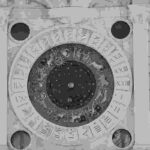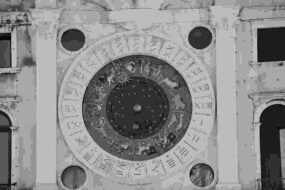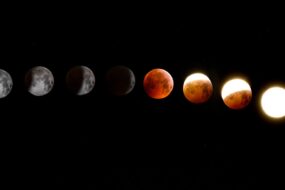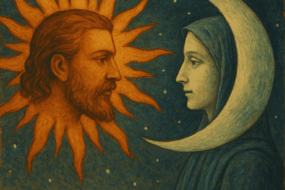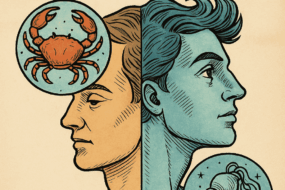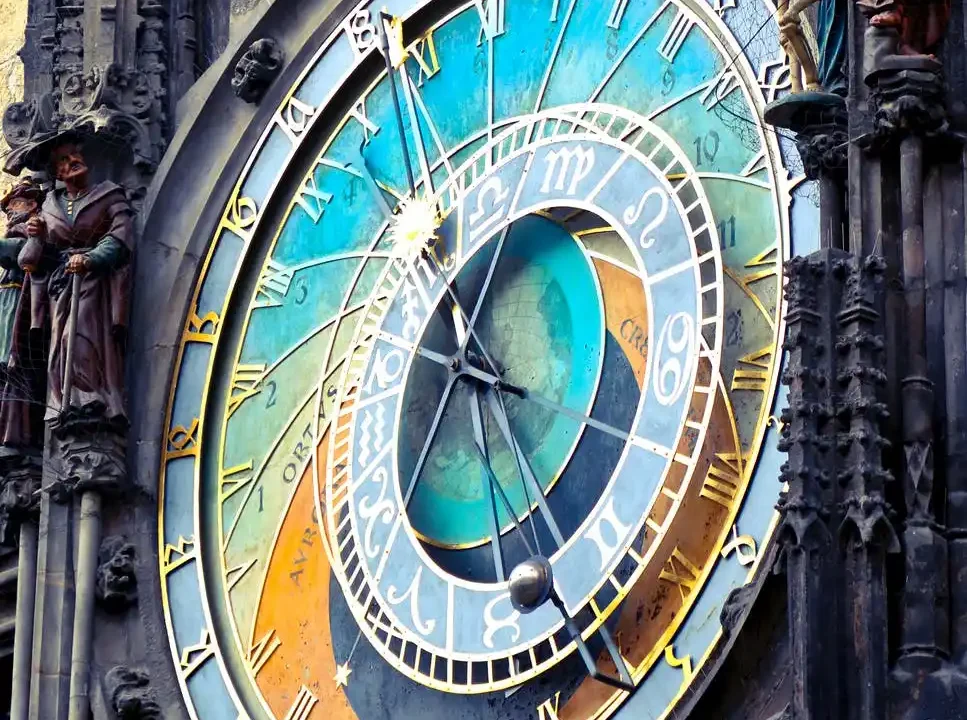
A Simple Question That Opens Big Conversations
“What’s your sign?” — a seemingly innocent question that often serves as the perfect icebreaker, sparking enthusiastic reactions like:
“I’m a classic Sagittarius!” or “I get along great with Tauruses!”
Astrology, loved by many through magazines, apps, and casual chats, seems to hold up a mirror. But how deep does that reflection go? Can our zodiac sign truly explain our personality? Or predict the twists and turns of our lives?
Coincidence or Cosmic Design?
Some astrological insights can feel eerily accurate. You’re in a phase where you’re learning to say “no,” set boundaries — and lo and behold, someone tells you Saturn is in retrograde. Or you’re paralyzed by indecision and suddenly reminded, “Well, you are a Libra.”
Still, as captivating as these patterns may be, astrology has yet to earn its place among the sciences — even though its symbols have roots in astronomy. Sure, the planets align, but does that alignment really determine how we feel on a random Tuesday morning?
The Ancient Idea of the “Birth Moment”
“The idea that all things bear the imprint of the moment they are born is as old as the world itself,” writes historian Benson Bobrick in his book The Fated Sky: Astrology in History.
At the heart of astrology lies the belief that the configuration of the heavens at your birth reflects the shape of your life, your character, perhaps even your destiny.
Yet today, what draws most people to astrology is no longer prediction — it’s understanding.
Not Prophecy, but Psychology
Modern astrology — especially psychological astrology — is deeply influenced by Carl Jung. It treats the birth chart not merely as a cosmic diagram, but as a symbolic map of the psyche. A tool for exploring purpose, potential, and the path to self-realization.
Reading a personal birth chart isn’t mystical so much as therapeutic. And while therapy might take months or years to unearth a truth, astrology promises a faster route to similar insights.
Let’s be clear: an astrologer does not predict your future. What they do is describe your present — through a richly symbolic and emotionally resonant language.
Why Does It “Work”?
Astrology offers a kind of soft lens for self-reflection. It makes it easier to say difficult things.
Instead of declaring “You’re insecure and moody,” you might say, “You’re a Cancer — deeply sensitive, ruled by the Moon.” And surprisingly, the other person might nod and reply: “Yes, that’s me.”
Its symbolic language, the use of archetypes, and its ancient storytelling form make astrology a powerful framework — not just for understanding yourself, but for understanding others, too.
Not an Excuse
Astrology isn’t a get-out-of-jail-free card. You can’t blame your bad behavior on Mercury in retrograde or your fiery Mars in Aries.
Saying, “I’m just difficult because I’m a Scorpio” doesn’t cut it.
There’s a big difference between telling someone, “You’re vain and attention-seeking,” and saying, “You’re a Leo — you love to be in the spotlight.” The first might offend. The second? It might just make them smile in agreement.
A Mirror — Not Always True, but Still Valuable
In the end, astrology gives us this: a set of ancient symbols and archetypes through which we can view ourselves — not necessarily as we are, but perhaps as we wish to understand ourselves.
And maybe that’s the real magic of astrology: not in foretelling the future, but in helping us make sense of who we are right now.

